Written off by many bankers as an annus horribilis, 2016 was a year of considerable downs but also a few ups. Here are defining moments from this year in Swiss finance, as compiled by finews.com.
1. Tidjane Thiam, CEO in the Hot Seat
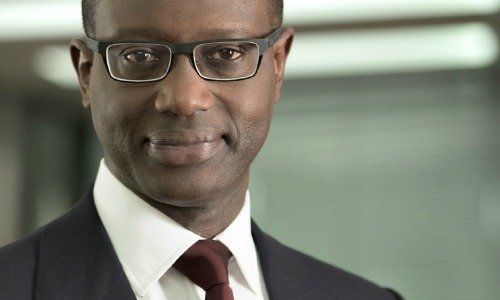
The Chief Executive of Credit Suisse will be glad to see a year of intense personal pressure marked by eye-watering losses and fines for the Swiss bank draw to a close. In March, Tidjane Thiam revealed that the bank found nearly $1 billion in trading losses that it could not explain – hardly good marks for a CEO so adamant about his knowledge of investment banking.
He also struggled to stem a revolt by Credit Suisse’s powerful investment bankers, a feud which played out in the business press, earning the CEO a rare public rebuke from a major shareholder. Thiam got some relief from results: one year after unveiling his strategy to revamp the bank, Credit Suisse showed signs of turning the corner. Year-end brought a whopping $5.28 billion fine for mis-selling mortgage securities in the run-up to the financial crisis.
With the bank sailing close to the wind on capital and set to post a full-year loss following the fine, Thiam’s job isn’t going to get any easier in 2017.
2. Martin Senn's Suicide
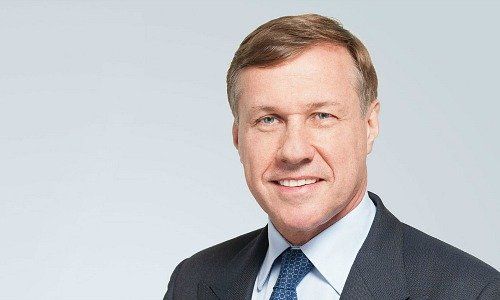
His was the third suicide of a high-ranking Swiss executive: former Zurich CEO Martin Senn shot himself in his holiday home in Klosters, Switzerland. His death left the Swiss business establishment reeling, after his finance chief, Pierre Wauthier, and Swisscom boss Carsten Schloter took their own lives within several months of each other three years ago.
The three men's deaths appear to have completely different backgrounds: Senn's seems to have been linked to his inglorious departure from Zurich. He had capped his career with the coveted CEO job, but been found lacking in 2015: a failed takeover attempt, a substantial quarterly loss and irked investors were too much, and he was pushed out.
Had the career stumble happened to Senn in the U.S., the chapter would have been framed as part of a learning curve. In sedate, incestuous, risk-averse Switzerland, there is little room for such indulgence: Senn was a fallen executive who found it impossible to find his feet again.
3. Goodbye, BSI

Swiss and Singapore regulators struck with unusual force: BSI’s license to operate in the city-state would be yanked. The 143-year-old Swiss private bank had shown itself negligent in dealing with suspected graft money from 1MDB, and incorrigible in improving its controls.
By year-end, another firm – Falcon Private Bank – would be barred from Singapore, six more including UBS were sanctioned, a former Goldman Sachs banker banned, and three former BSI bankers jailed. Authorities allege that the vast web set up to pilfer billions of state money from 1MDB relied heavily on Swiss banks, which in several cases proved themselves willing accomplices. The scandal blew up in 2016, but it is far from over; the extent of Swiss banking’s reputational wipeout in Singapore also remains to be seen.
4. Vontobel: A Banking Dynasty's Next Generation

Vontobel doyenne Hans Vontobel made it to the biblical age of 99 before passing away early this year. No sooner was his death announced than speculation about the family's majority stake in the bank flared up, with some predicting Vontobel's descendants would cash out by selling to a competitor.
In fact, exactly the opposite happened: the families making up the Vontobel dynasty reinforced their commitment to the bank by extending a family pool contrast. Two family representatives – Maja Baumann and Bjoern Wettergren – took a seat on the bank's board.
Not many listed Swiss finance firms can boast as stable a shareholder structure as Vontobel. Under the cool-headed leadership of CEO Zeno Staub, the bank has navigated the paradigm shift in banking as more of a consolidator than a consolidatee.
5. Juerg Zeltners Uncomfortable Truths
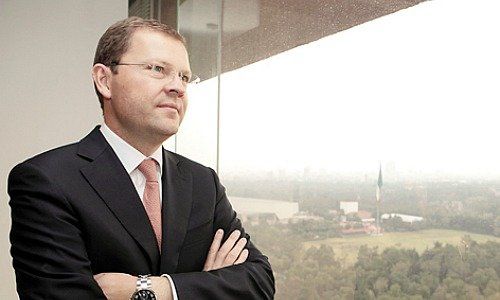
As the largest wealth manager in the world, UBS has a leadership role in Swiss banking. This year, the bank again set trends for the wider industry or, more precisely, private banking head Juerg Zeltner articulated the uncomfortable truths that is the new reality of private banking.
The surprising truth is that winning new client money – the holy Grail of private banking – isn't always desirable because it doesn't mean more revenue. The opposite is true: with interest rates in negative territory and risk-aversion widespread, more assets actually mean higher costs. Zeltner's surprising admission provoked a wave of agreement from other firms, also suffering from client remaining on the sidelines.
His thinking goes even further: the industry has to lower its sights, Zeltner said, after size and growth in private banking had become a sacred cow in banking. If Zeltner sacrificed the cow at UBS, then the entire industry must follow.
6. Brexit and Herbert Scheidt's New Role
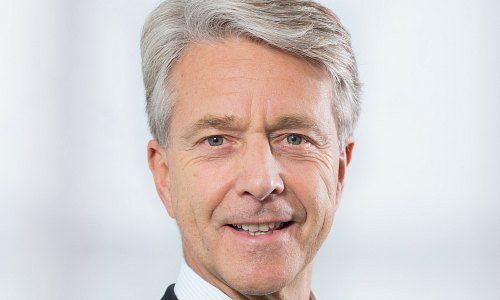
The vote roiled security markets: one of the European Union’s largest, most influential economies wanted to leave the bloc. As politicians grapple with the mechanics of the unprecedented move, the fallout has hit hardest in the City of London, which relies heavily on the EU ties. London’s sudden isolation played into the hands of Switzerland, which has spent years fighting for European market access despite being an outsider.
The Swiss banking lobby seized on the issue, proposing an alliance of four outsiders: Switzerland, London, Hong Kong and Singapore. The idea got prominent Swiss government backing, as well we that of some industry players – even if there are few specifics. Thus, putting meat on the bone for the so-called F4 alliance is one of the biggest challenges facing Herbert Scheidt, now head of the Swiss banking lobby.
7. Switzerland's Fintech Move
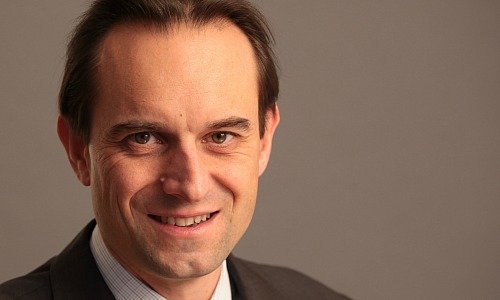
The most frequent target of the young and upstart Swiss fintech scene? Undoubtedly, it was Swiss regulator Finma, which has also drawn complaints from outside the fintech industry about high regulatory barriers from the apparently tech-hostile overseer.
Banks were vocal about losing market share in online and video onboarding, for example. In 2016, after Finma head Mark Branson addressed the issue publicly, Switzerland took a laudable step forward – and moved surprisingly quickly.
In March, Finma green-lighted a client identification process through digital channels, a wide-ranging decision that reads to countless fintechs which have based their service on the ability to onboard client without physically meeting them. Switzerland's second step was to create a so-called sandbox permit for fintechs to experiment in a real-time environment with light regulation.
Finma's efforts on behalf of Swiss fintech firms are an immeasurable boost for startups.
8. Donald Trump and Wall Street
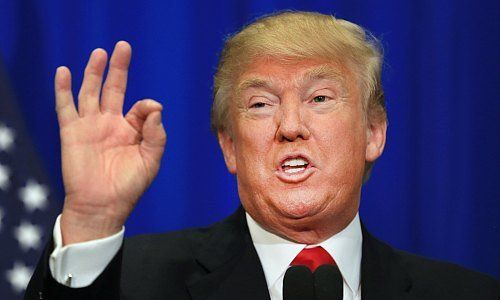
Donald Trump campaigned on putting a stop to the finance elite in Washington, accusing rival Hillary Clinton of being in thrall of Goldman Sachs. After his surprise election to the presidency, Trump has actually stocked his cabinet and advisors full of former Goldman Sachs bankers.
Steve Mnuchin, former hedge fund manager and Goldman Sachs partner, is headed for the top Treasury post. The investment bank's number-two, Gary Cohn, is set to become Trump's top economic advisor and Steve Bannon, also an alumnus of Goldman Sachs, was named chief strategist and a senior counselor.
The stocking of key cabinet and administration positions with banking veterans lends Wall Street hope that Trump will tame regulation, lower corporate taxes and invest in infrastructure to juice the economy.



































